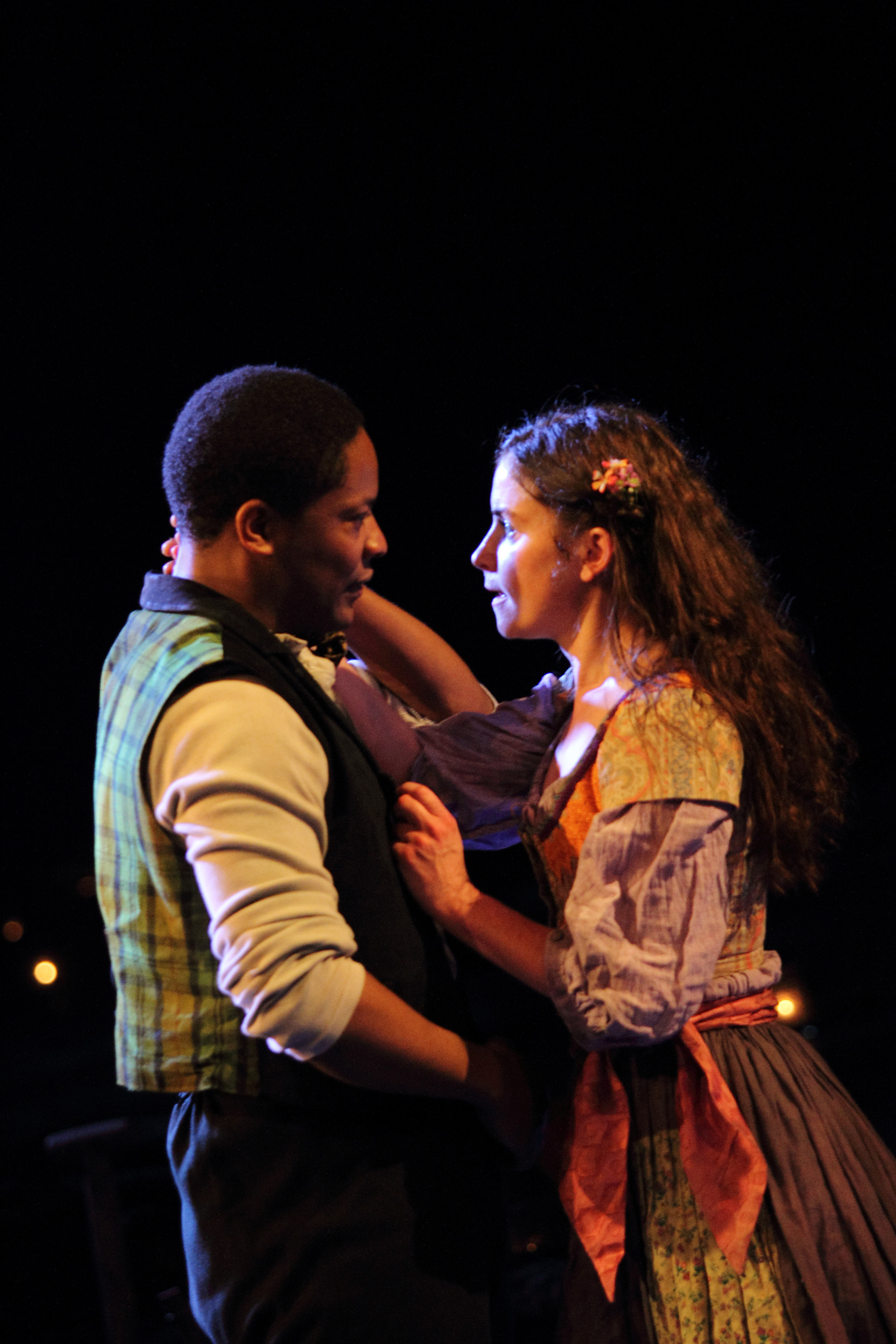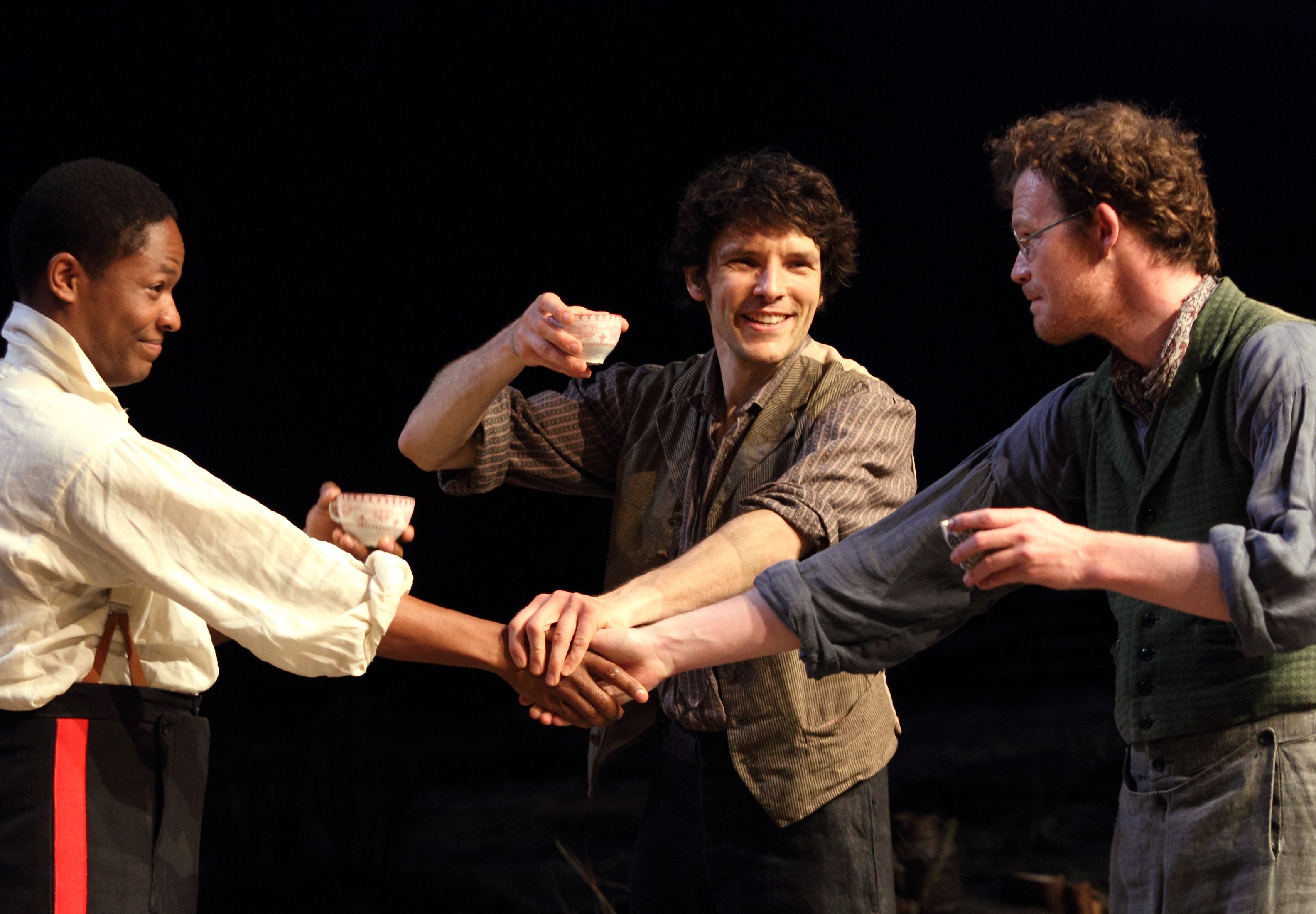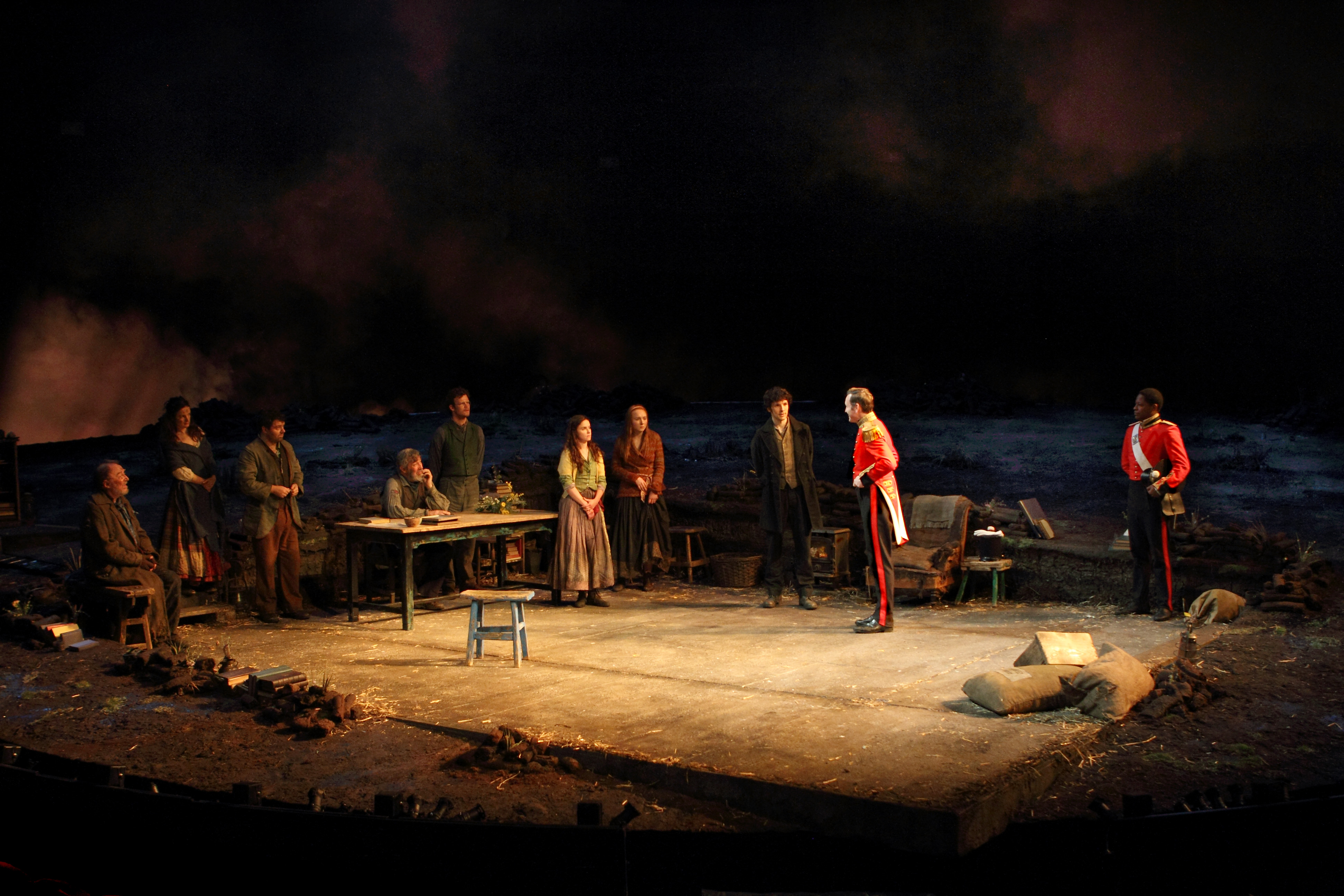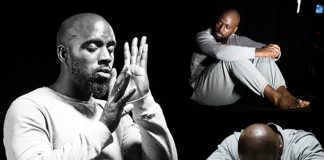Set in agricultural Ireland 1833, this play – written in 1979 by Brian Friel – examines the seemingly harmless beginnings of a colonial occupation, and the cultural, linguistic, and geographical repercussions felt by the ‘invaded faction’.
Hugh (Ciarán Hinds), with the help of his son Manus (Seamus O’Hara), rules the local Hedge School – an unregulated, rural education post – like a benign dictator. With his deep understanding of Greek philosophy, ancient mythology and Latin etymology, none of his pupils dare to challenge ‘the king’ – that is, until prodigal son Owen arrives with his “friends”, the English forces that have arrived in Ireland to map-out the terrain, so as to more easily govern / occupy it.
As has been shown throughout human history, it is not enough for an invading force to simply ‘take the land’; the hearts and minds of the men, women, and children have to be won over, also. In order to do this, the populace must be pacified; the best way to do this is to learn / approximate, subvert – and finally – take over the language. Of course, this cannot happen without the help of those with feet in both camps: the ‘translators’. It makes perfect sense that it’s the glory-hunting Owen who fulfills this role.
The cast is uniformly brilliant. Hinds and Morgan are excellent as – respectively – the outmatched father/ruler and the troubled son.
His defence – that ‘if it were not him, it would be someone else’ – is a common one. As Hugh (father) and Owen (son) both know, to have a people’s ties with the land removed, or appropriated, is to cut off their past, in lieu of a future untold – and unpaid for.
What happens when the ‘colonisers’ run out of money / patience?
What happens when political – or military expediency – requires them to no longer ‘play nice’ / fair?
What legacy is left for the ‘colonised’ once their shared memories – and geographical place names – have been papered over by outside forces?
What happens when lines running back to an ancient civilisation have been cut?
Owen doesn’t seem to care about such matters – at least, until it’s too late. Hugh has the wisdom of age and learning, and so understands what is being lost; alas, he also knows that his time of action is behind him.
All he can do is chronicle events and pray… or, at least, recite Homer.
The cast is uniformly brilliant. Hinds and Morgan are excellent as – respectively – the outmatched father/ruler and the troubled son. Other standout performances include Seamus O’Hara, as obedient son ‘Manus’, Dermot Crowley, as older pupil / sycophant ‘Jimmy’, Judith Roddy as ambitious ‘Maire’, and Adetomiwa Edun as ‘Lieutenant Yolland’ (quota-casting aside).
The excellent music – played live by four musicians – is both atmospheric and appropriate.
Neil Austin’s lighting works beautifully in tandem with the (mainly) exterior set, to create some stunning landscape ‘views’.
Writer Friel’s understanding of theatre allowed him to create a framework whereby the audience accepts that the characters can’t understand each other – the speaking of English by all the actors onstage becoming irrelevant.
Although I enjoyed the piece – and accepted its main conceit (and deeper meaning) – I was never really emotionally captivated by it.
Perhaps it was because I wasn’t particularly invested in the main love story.
Or maybe it was the fact that a certain character’s unexplained disappearance is rather too perfunctory and unsatisfying; or that – despite being funny and sad at various points, the play wasn’t quite funny or moving enough.
Still, like all good theatre, it has something to say about our present day.
As with all geographical invasions – or ‘peaceful occupations’ – the events of 1833 had long-term effects; hence the play’s denouement showing modern-day, machine gun-toting I.R.A.-style ‘paramilitary forces’ standing on scaffolds at the back, like ghostly visions preparing to loom into the (our) future – one we all have to pay for.



























